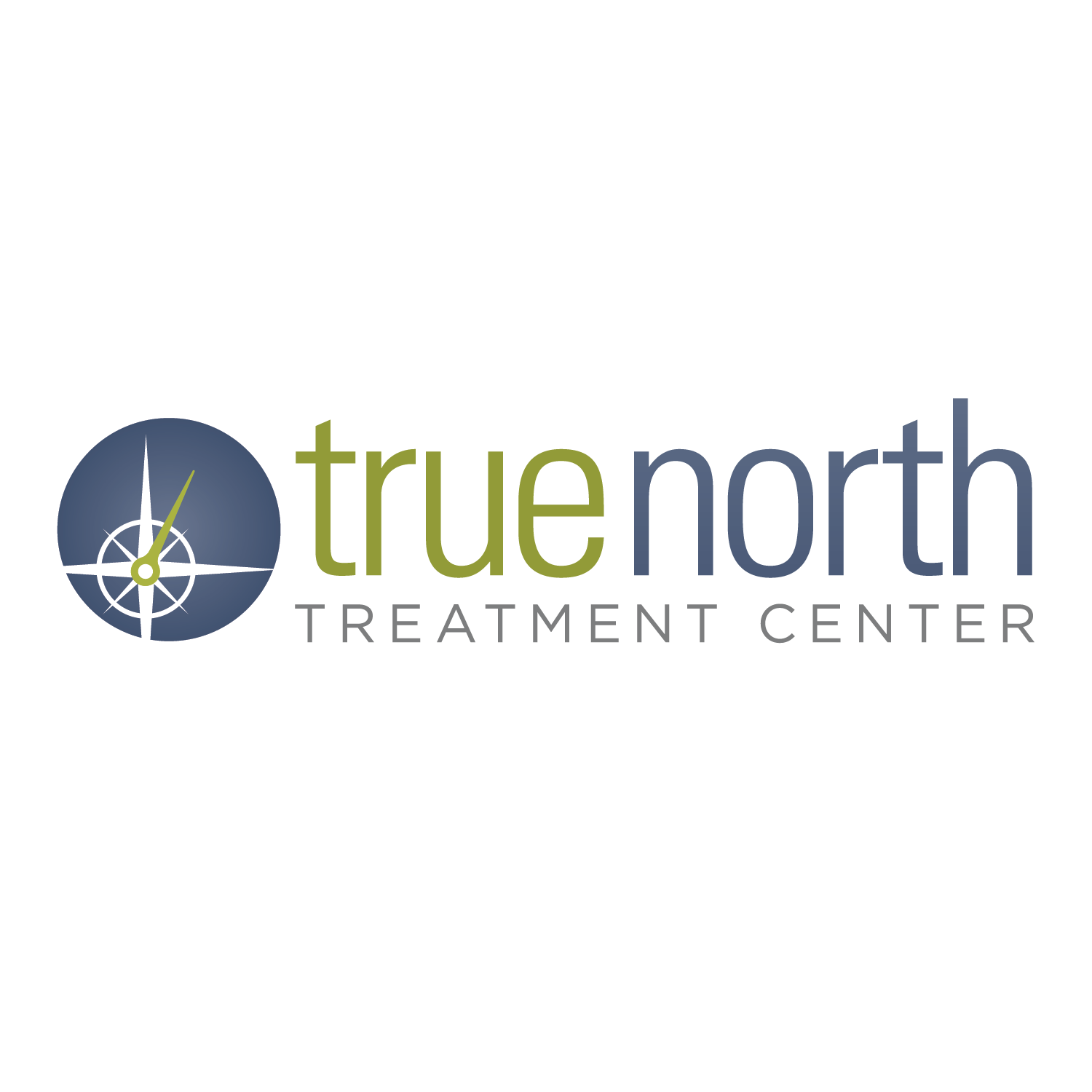Getting Started
How do I know if I need counseling services?
We all go through challenging situations in life, and while you may have successfully navigated through other adversities you’ve faced, there’s nothing wrong with seeking additional support when you feel overwhelmed by life circumstances. People have many different motivations for seeking counseling services. Some may be going through a major life transition or stressful circumstances. Some people need assistance managing a range of other issues such as low self-esteem, depression, anxiety, addictions, relationship problems, and spiritual conflicts. Others may be at a point where they are ready to learn more about themselves or want to be more effective with their goals in life. Regardless of the reasoning, the common link is that people seeking counseling are ready to meet the challenges in their lives in healthy, structured, and meaningful ways.
If you are truly conflicted about knowing if counseling is the right path for you, please call us at 775-870-5027,
and we can help you determine what is the best path in navigating through your life circumstance.
What are the benefits of counseling services?
When you make a genuine commitment to yourself and fully engage in your therapeutic process, the potential for self-growth and discovery is limitless. The benefits you obtain from therapy truly depend on how well you use the process and put into practice what you learn. Therapy provides long-lasting benefits and support, giving you the tools you need to overcome whatever challenges you face. We have provided you with some of the many benefits you will experience when you make this commitment to yourself and your family.
- Attain a better understanding of yourself, your goals and values
- Develop new skills for improving your relationships
- Find some resolution to the issues or concerns that led you to seek therapy
- Learn new ways to cope with stress and anxiety
- Manage your anger, grief, depression, and other emotional pressures
- Improve your communications and listening skills
- Change old behavior patterns and develop new ones
- Discover new ways to solve problems in your family, marriage, or other relationships
- Improve your self-esteem and boost your self-confidence
- Improve performance (school, work, sports, etc.)
How private are my counseling sessions?
Confidentiality is one of the most important components between the client and their therapist. Achieving a healthy therapeutic relationship involves establishing trust. The sensitive and private conversations you have with your therapist are usually not discussed anywhere but the therapist’s office. Every therapist should provide a written copy of his or her confidential disclosure agreement, and you can expect that what you discuss in session will not be shared with anyone. This is called “Informed Consent”. Sometimes, however, you may want your therapist to share information or give an update to someone on your healthcare team (you’re your Physician, Attorney, Psychiatrist, Probation Officer), but by law your therapist cannot release this information without your written permission. This is called a “Release of Information.”
However, It is important for you to know that there are a couple of exceptions to maintaining confidentiality. State law and professional ethics require therapists to breech confidentiality for the following situations:
- If the therapist suspects past or present abuse or neglect of children, and elders, he or she must report it to the authorities, including Child Protection and law enforcement, based on information provided by the client or collateral sources.
- If the therapist has reason to suspect the client is has a plan to harm another person.
- Issues of confidentiality between parents and children will be discussed in detail during the initial evaluation at which point all questions surrounding this topic will be addressed by the therapist.
How do I begin the process?
After contacting us, you should expect a response promptly, often within a few hours, though it may take up to a business day. Once we have the opportunity to discuss what issues led you to reach out to True North, we will have a much better understanding of how we can help you. We want to make sure all of your questions and concerns get answered. We also want to be confident that our services will meet your specific needs. If you feel comfortable after we have had a chance to talk together, at that time, you may schedule an initial consultation and/or evaluation for services.
When you come in for your first visit, we will spend some time getting to know one another, discuss your goals, how often you will come to therapy, and how we will continue to move forward in your treatment. We will also have you complete some paperwork to help us better serve you and gather some general information.
Once we spend some time together, we will create a treatment plan that makes sense for you. It’s always a good idea to have goals to help you stay on course as you navigate through your issues. Because each person has different reasons and goals for therapy, therapy will be different depending on the individual. Depending on your specific needs, therapy can be short-term, for a specific issue, or longer-term, to deal with more difficult patterns or your desire for more personal development. Either way, it is most common to schedule regular sessions with your therapist (usually weekly).
We value the truth of establishing an authentic connection between a client and a therapist. If for some reason you genuinely believe that True North is not the right fit for you, we will gladly assist you in finding alternative resources that meet your needs.



